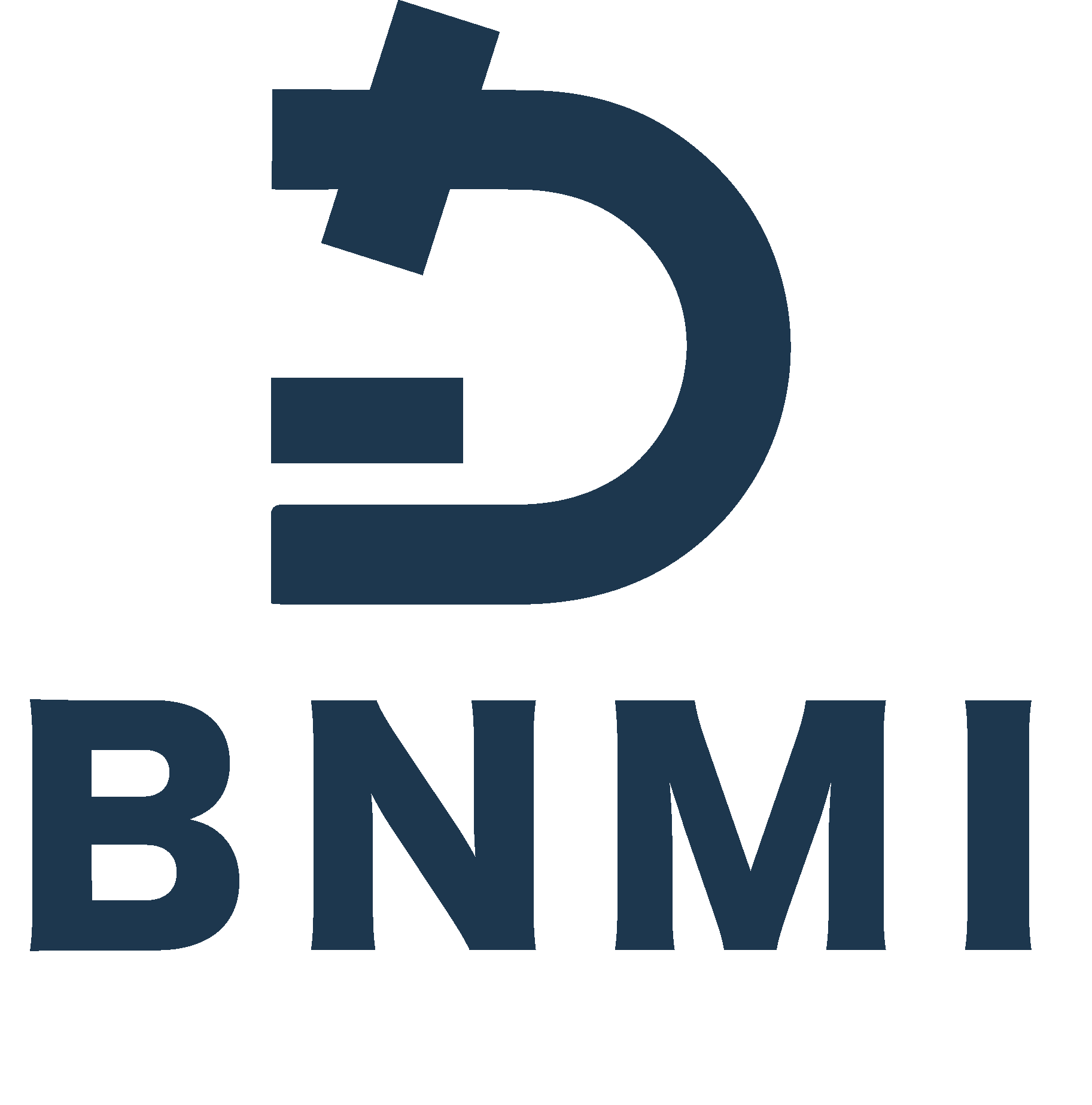Program:
Schedule:
Sessions:
Smart microscopy refers to microscopes that can perform real-time analysis and adjust their imaging parameters on-the-fly based on feedback from the acquired images, without human intervention. These microscopes utilize feedback loops to directly read and process the images, and then feed that information back to optimize the imaging regime.
In recent years, there has been a growing trend toward adopting AI-based solutions in microscopy. These tools are increasingly being used for optimizing image acquisition (smart microscopy) and improving the overall efficiency and precision of image analysis workflows. The integration of artificial intelligence (AI) is now transforming the microscopy landscape, acting as a “second pair of eyes” to enhance image analysis. AI-powered tools are being trained to perform complex tasks such as object and image classification, segmentation, image restoration, super-resolution imaging, and virtual staining. These advancements are proving invaluable in areas like patient diagnostics and cancer research, enabling scientists to achieve higher resolution and gain faster, more accurate insights.
Observing sub-cellular structures at the smallest scale is crucial for advancing biomedical research and enhancing our understanding of biological processes. Recent innovations have led to faster acquisition speeds, single-molecule trajectory tracking, high-throughput imaging, and the development of novel probes. These advancements in resolution are driven by specialized sample preparation techniques, optical engineering, and sophisticated image analysis, enabling the detailed exploration of nanoscale structures within cells and tissues. This session will highlight cutting-edge developments in super-resolution imaging such as MINFLUX, MIN-STED, and Expansion Microscopy—an approach that physically enlarges biological samples to achieve nanoscale resolution—demonstrating their transformative impact on visualizing complex cellular structures.
The rapid advancement of imaging technologies over the past two decades has propelled significant biological and medical discoveries. Integrating complementary imaging modalities enables a comprehensive, multi-scale view of a sample, capturing both structural and functional parameters from the same specimen. Breakthroughs in electron and light microscopy now provide unprecedented visualization of molecular structures. As imaging modalities increasingly overlap across microscopic, mesoscopic, and macroscopic scales, they offer deeper insights into complex biological processes, including development, immune function, and disease progression. The future of multi-scale imaging will not only depend on advances in hardware and probes but also on computational innovations in data analysis and integration, further enhancing our understanding of health and disease.





